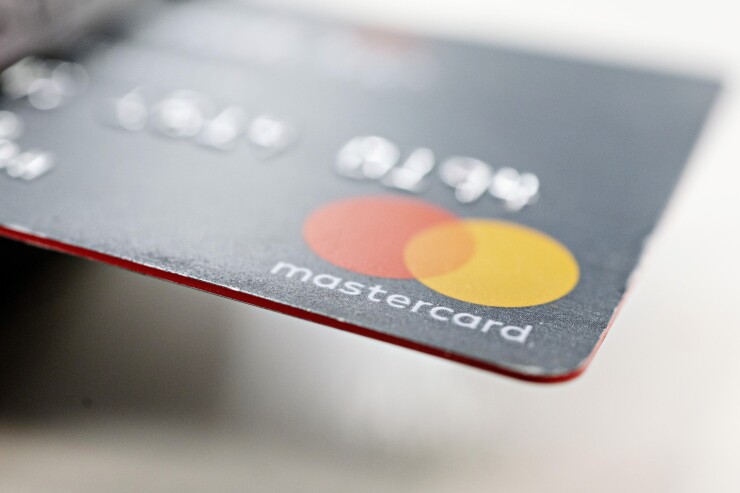Mastercard is making the first move among the card networks, again, on moving away from the signature requirement — completely removing the space for a signature from its cards.
Beginning in April 2019, Mastercard issuers globally will no longer be required to include a signature panel of the back of Mastercard-branded card products. Last year, Mastercard revealed that it was

“Mastercard desires to make the checkout as friction-free as possible by eliminating the need to sign for purchases globally. Also, now we are releasing the issuers of the requirement of having a signature panel on the back of the card. It only made sense,” said Linda Kirkpatrick, executive vice president, merchants and acceptance, U.S. at Mastercard.
Last year, Mastercard said that more than 80 percent of its in-store transactions did not require a signature at checkout. This was due to a rule change implemented years earlier to eliminate signature authentication for low-value transaction. While these moves have been followed by competitors, Kirkpatrick noted that they have done so in slightly different ways which can cause confusion at the point of sale.
It was this variation in rules that Mastercard believed was creating friction at the checkout lane.
“Think about the retail environment where cashiers need to know different rules for different networks. By Mastercard’s decision, it improves the checkout and eliminates confusion. It makes is simple when 100 percent of the time no signature is required,” added Kirkpatrick.
Following Mastercard,





